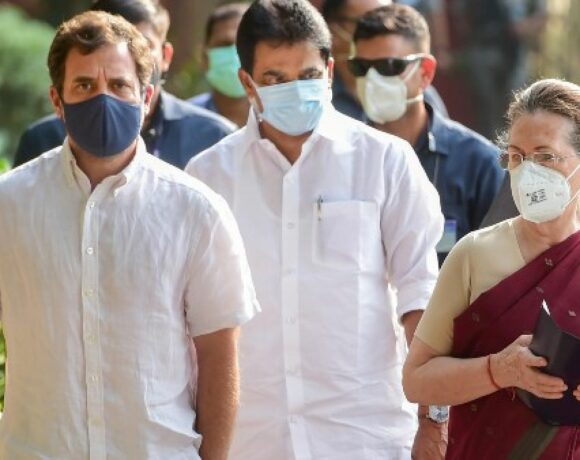The Not-So-United Kingdom

Article By
V P Nandakumar
MD & CEO Manappuram Finance Ltd
The socio-economic situation in the United Kingdom seems to be going from bad to worse to calamity. The wounds of Brexit were still raw when Covid-19 happened and the country suffered an economic slump, the kind of which has not been seen in three centuries. Boris Johnson had to call it quits after a series of unpopular decisions and then it was the turn of Liz Truss to throw in the towel.
She had taken over as PM with a promise to undo the damage and Chancellor of the Exchequer Kwasi Karteng echoed her but in the absence of credible steps in the September 23 mini budget, financial markets reacted with a vengeance, plunging the nation into a mood of despondency. The first casualty was Kwarteng’s chair. Prime Minister Truss put up a brave face and continued to assuage sentiments but the turbulence that followed was too much for her to stomach, compelling her to resign admitting that she failed to deliver her promise.
Unsurmountable problems
The measures sought to be reversed were unpopular tax proposals, on the premise that low taxes would spur economic growth and help bridge temporary revenue shortfalls. The proposals included reversing a hike in National Insurance taxes, a cut in basic income tax rate from 20% to 19%, reduction in peak income tax from 45% to 40%, nixing a planned 6% increase in corporate tax rate and capping gas and electricity bills for households and businesses. But since the mini budget didn’t outline tangible steps to make good the revenue shortfall, market players expected public debt to rise. Confidence got further eroded by the fact that the growth slump continued unabated.
The unprecedented crisis has taken a toll on the country’s financial system, impacting several segments. Long term bond yields hardened due to a rise in fiscal deficit and government borrowings. The 10 Yr benchmark UK government bond yield has hardened by 100 bps in the past one year, crossing 4%. This comes on top of pressures already being faced by UK bonds because of spiralling inflation. Consumer price inflation has been in the 9-10% range for more than six months now, very high by developed market standards.
Taking a ‘pound’ing
The Pound Sterling lost almost a fifth of its value in the past one year, thanks to weak investor sentiments, rising debt concerns and falling economic growth. Being a net importer of fuel and energy, a weak pound threatens to accentuate inflation. Bank of England would be forced to further raise the key policy rate to prevent further weakening of the pound and to control inflation.
Another concern has been rising mortgage costs, mainly due to three reasons: First, Bank of England hiked its policy rate by 150 bps since the month of May; Second, banks had to increase interest rates on loans to compensate for the fall in treasury profits and finally, expectations of future rate hikes by BoE also made the banks to front load interest rate hikes. Mortgage rates have hardened from 2.25% a year ago to 6% and is expected to go up by another 1%.
A major fallout of the crisis has been cash flow issues being faced by UK Pension Funds. Pension funds optimise their risk by investing in long dated bonds (as retirements happen in future) and simultaneously buying derivatives to hedge the investment risks. While hedging, the pension funds offer collateral and when bond yields rise rapidly more collateral is offered. Because of rising yields, these Pension Funds faced a £1.6 bn cash margin call and apparently had to dump assets to meet the requirement. This sale of bonds once again led to a vicious cycle of falling bond prices and rising yields. To defuse the crisis, Bank of England announced that it will buy bonds up to £65bn which has helped bring down bond yields and provide some relief to pension funds. Had it not intervened, pension funds would have defaulted on margin calls and a major crisis would have followed.
Implications for India
What are the implications for India? To be sure, India cannot be insulated in a globalised world. In FY22, India’s exports of goods and services to the UK constituted 2.5% of our total exports. Hence there would be some impact. The impact on the Indo-UK Free Trade Agreement (FTA) signed recently has to be monitored as its full execution would benefit exports of sectors like textiles. On the FDI front, however, the impact looks negligible as the total FDI inflows from UK to India constituted only $1.6bn in FY2022.
There is no doubt that the UK is at an inflection point. The new administration led by Prime Minister Rishi Sunak has its task cut out — to earn the trust and confidence of the public and continue with bold reforms. Meanwhile, India will watch the unfolding scenario from the sidelines with keen interest.
Pic Courtesy: google/ images are subject to copyright








